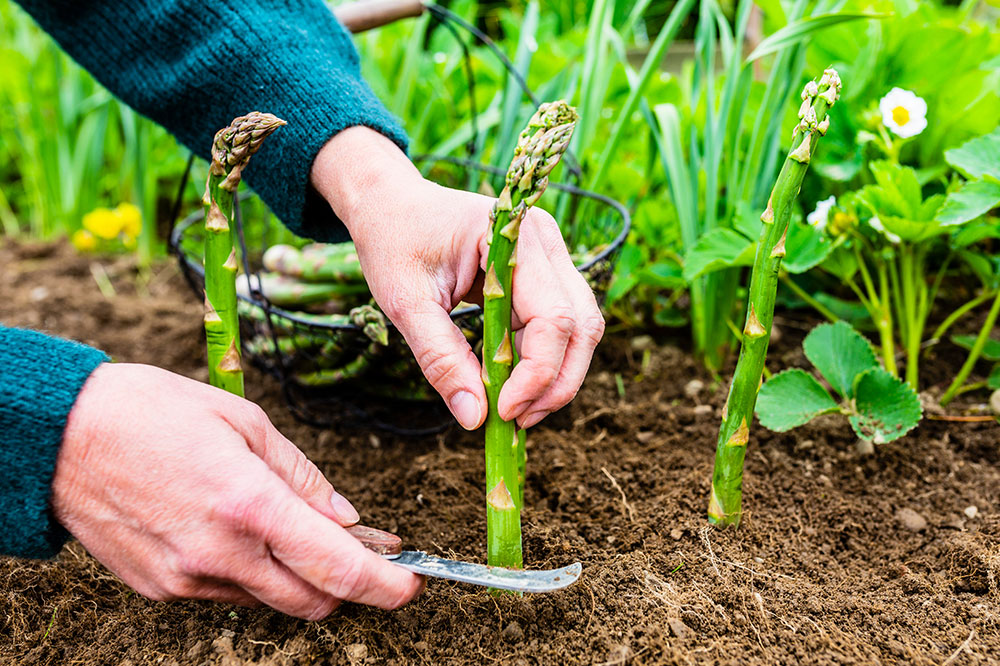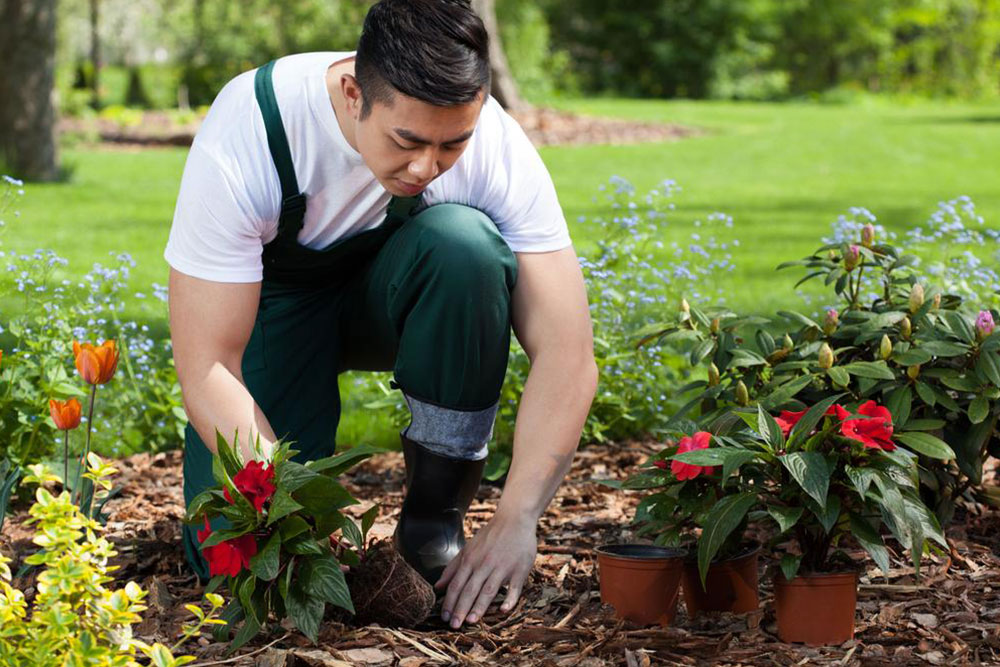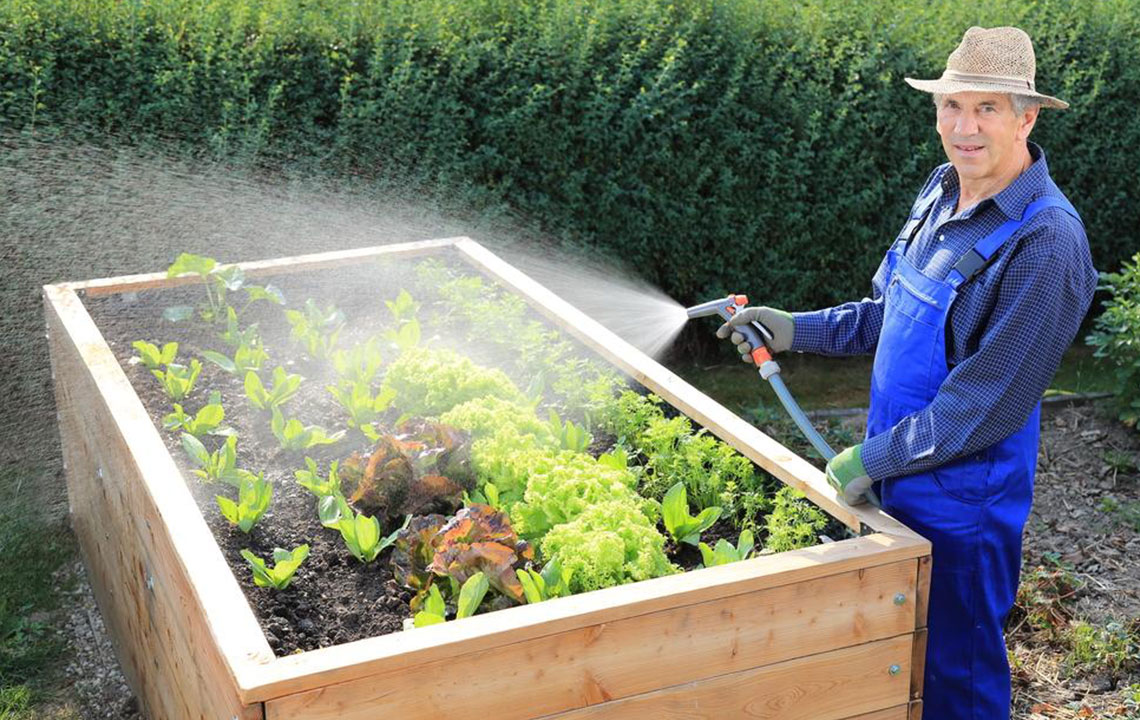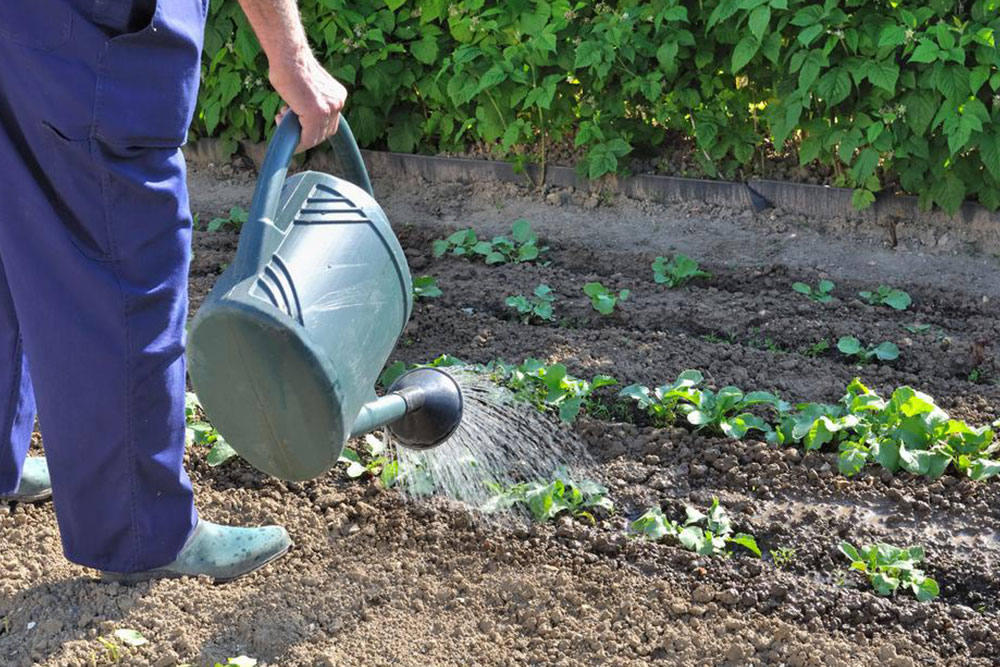Essential Guide to Cultivating Fresh Asparagus
Learn how to grow fresh asparagus successfully with this comprehensive guide. From selecting the right location and preparing soil to planting, caring, and harvesting, get expert tips that ensure a bountiful crop. Early spring planting, proper maintenance, and timely harvesting are key to enjoying delicious, homegrown asparagus year-round.

Essential Guide to Cultivating Fresh Asparagus
Asparagus is favored by gardeners and food lovers alike due to its nutritional value and delightful taste. Growing asparagus at home can be a rewarding venture. This comprehensive guide covers everything from selecting a planting site to harvesting your crop. Follow these tips to successfully grow this delicious vegetable. Here's how you can start your asparagus cultivation:
The soil should have a pH between 6.0 and 7.0, be nutrient-rich, well-draining, and slightly acidic. Choose a spot with ample space, at least 6 to 8 hours of direct sunlight daily, as asparagus thrives with lots of sunlight. Ensure no other plants are too close, as the crop needs room to spread out.
Preparing the Planting Site
Clear the area of grass and weeds using hand tools or tilling. Enrich the soil with compost or well-rotted manure to boost fertility. Proper soil preparation is key for healthy growth.
Planting Asparagus Crowns
One-year-old asparagus crowns are the standard planting choice, available from garden centers or online. Plant in early spring when the soil warms. Dig a trench about 6 inches deep, 12 inches wide, and space crowns 12 to 18 inches apart. Cover with 2-3 inches of soil and gradually mound soil around the plants as they grow, a process called 'hilling,' to protect the roots.
Caring for Your Asparagus Plants
Regular watering is vital, especially during dry spells—deeply water once or twice weekly. Apply mulch to retain moisture and suppress weeds. Fertilize early spring and mid-summer with a balanced fertilizer to promote robust growth.
Harvesting Tips
Allow the first or second year for the plants to develop without harvesting to strengthen roots. In the third year, select spears 6-8 inches tall, cut just above ground level, and harvest every two to three days. Stop harvesting after 6-8 weeks or when spears weaken. Let plants grow foliage afterward to store energy for next year’s crop.
Optimal Growing Season
The best time to plant asparagus is early spring, around March or April, when the soil warms. In warmer regions, fall planting is possible but less common. Ensure the site has good drainage, ample sunlight, and moderate temperatures for success. Proper timing allows plants to establish before summer heat, ensuring a plentiful harvest for years to come.
Summary
Growing asparagus is accessible and rewarding with proper planning. Plant in early spring, provide well-drained soil, and give adequate sunlight. Consistent care results in healthy plants that will produce delicious spears each year. Whether you're a beginner or experienced gardener, cultivating asparagus can enhance your home garden and provide fresh, nutritious produce.










